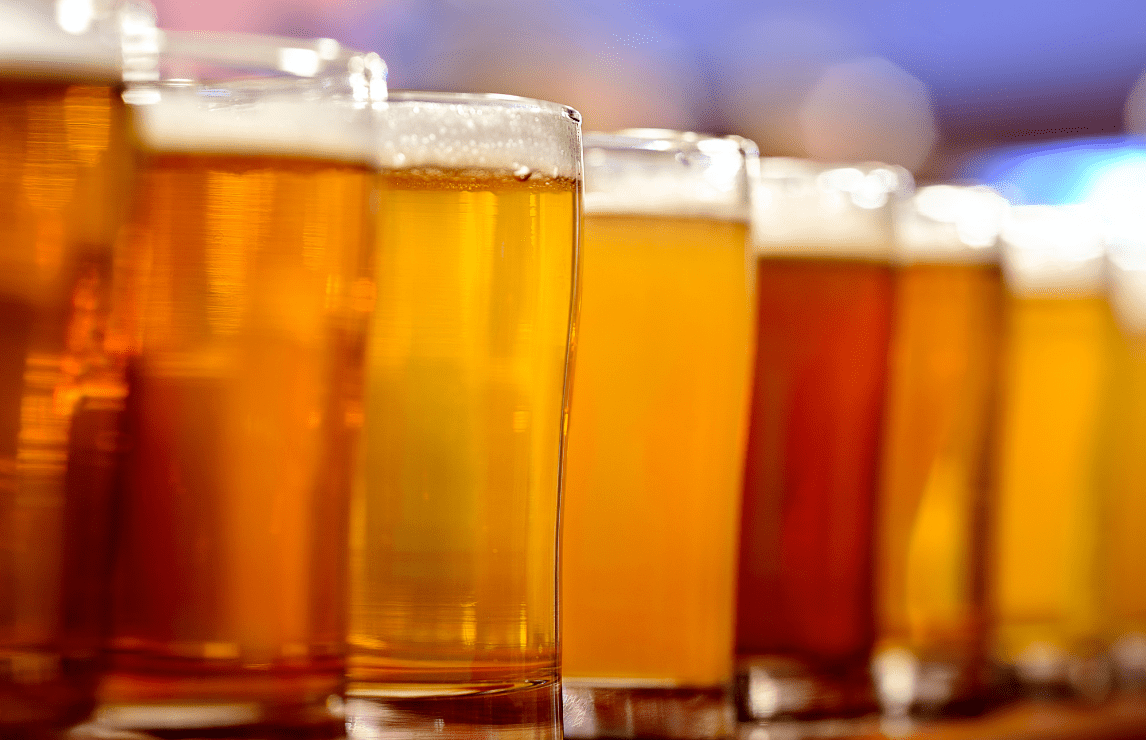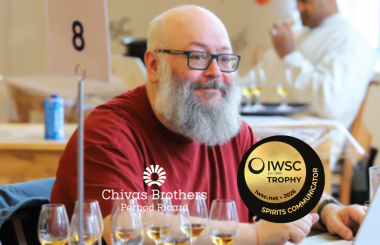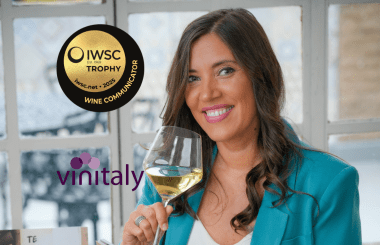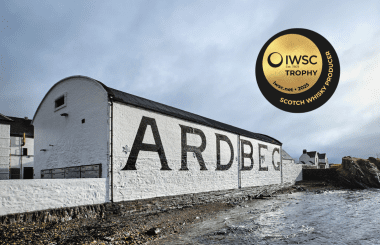‘I’ll Have The Unusual’: High-Quality Alternatives in Bar Offerings
These days, when you walk into any progressive bar, you’ll find more than beer, wine and spirits on the menu. The IWSC 2025 Alternative Drinks results reveal an interesting story. Cider, premium mixers, non-alcoholic beer and even mead - these supporting players are fast becoming MVPs, helping bars attract and keep diverse customer groups.
The numbers tell a compelling story: 16% of Britons now identify as non-drinkers (Office for National Statistics, 2024), and crucially, their preferences influence group decisions about where to socialise. Meanwhile, 64% of UK adults have tried low or no-alcohol products, with semi-regular consumption of up to 35% among drinkers (IWSR, Low & No Alcohol Report 2025). With this in mind, let’s take a look at some of the emerging trends from this year’s IWSC results.
Reinventing the Mixer
The IWSC 2025 results shine a light on just how sophisticated the mixer category has become. Swiss producer Mikks AG dominated with six IWSC Gold medals, including their Basil Lime mixer (97 points) and the innovative Yuzu Elderflower (95 points). These syrups deliver complex flavour concentrates that elevate both cocktails and premium soft drinks.
UK producers Double Dutch and Franklin & Sons also impressed, with Golds for their Ginger Ale (96 points) and Premium Indian Tonic Water (95 points), proving British mixer innovation extends far beyond classic tonic. Innovation wasn’t limited to familiar names - Italy’s Chantry Well picked up Silver for their Pinkpepper Tonic (94 points), and Sweden’s Ekobryggeriet showed that organic premium tonics can compete globally with Bronze for their Cloudberry Organic Tonic (89 points).
This sophistication matters commercially. Top-shelf mixers let bars charge more for both alcoholic and non-alcoholic serves while appealing to health-conscious consumers seeking complex flavours without alcohol. For someone choosing a non-alcoholic drink, a Mikks Basil Lime mixer with sparkling water offers far more interest than a plain soda water.
A Cider Renaissance
Cider claimed several IWSC medals, led by French producer Kystin's creative approaches, including their Apple and Honey Freyja Cider (92 points) and Apple and Chestnut XVII Chataigne (91 points). These results reflect broader market trends showing cider's evolution from a summer-only drink to a year-round category worthy of serious attention.
According to the Heineken Cider Market Report, 30% of drinkers aged 25-34 now drink cider more often in the on-trade, surpassing every other age group. This demographic also prioritises premium drinking options, making craft cider a natural fit for venues targeting quality-conscious younger consumers.
Cider also offers unique opportunities for local storytelling and sustainability. As noted by Fine Dining Lovers, "The potential for micro-brewing of locality-specific ciders could enhance a restaurant's sustainability credentials but equally tie an area's culture and agricultural history into its gastronomic experience."
The Breadth of Non-Alcoholic Beer
The IWSC 2025 results showcased non-alcoholic beers from pioneers like Nirvana Brewery and Lucky Saint, whose Superior Hazy IPA (90 points) wowed judges with “juicy, tropical and stone fruit notes.” But the range didn’t stop at premium lagers and IPAs. Bronze medalists like Adnams’ Ghost Ship Pale Ale 0.5% (86 points) prove that even traditional styles can deliver full-bodied flavour without the alcohol. The breadth of styles was vast, with medals awarded across IPA, Hefeweizen, Pils Lager and even Nitro Stout, proving the category's technical prowess. This quality leap matters because non-drinkers increasingly expect parity, not compromise. It also gives regular drinkers moderation tools to pace themselves or alternate between alcoholic and non-alcoholic options throughout an evening.
The Magic of Mead
Mead is also having a moment, with Hong Kong's Beetales Limited earning Silver for their Melluna (93 points), described as having "mellow and herbal flavour." For the uninitiated, mead is an ancient alcoholic beverage made by fermenting honey with water, sometimes infused with fruits, spices or herbs. While still niche, its presence signals growing interest in ancient fermentation traditions and alternative honey-based drinks that appeal to consumers seeking unique experiences.
The Business Case for Diversity
The Stonegate Pub Partners research reveals the commercial imperative: "When a group of friends decides to go out, the presence of a non-drinker in the group can significantly impact the venue choice." Rather than just accommodating, the aim is to win over whole groups that might walk out your door for a better no-alcohol menu. The Portman Group data reinforces this point: pubs and bars remain the most popular location for low and no-alcohol consumption, with over a third of respondents choosing alcohol alternatives when visiting these establishments.
Building Tomorrow's Bar
This year, the IWSC Alternative Drinks category awarded over 80 medals across four continents, with winners spanning organic Swedish tonics, French chestnut ciders, Hong Kong meads, and British dealcoholised stouts. For forward-thinking operators, the bars of tomorrow won’t just have great beer, wine and spirits on the menu. They’ll give everyone a reason to stay, drink and come back. The days of “I’ll have the usual” are officially over.
Explore the full range of IWSC 2025 Alternative Drinks results.



